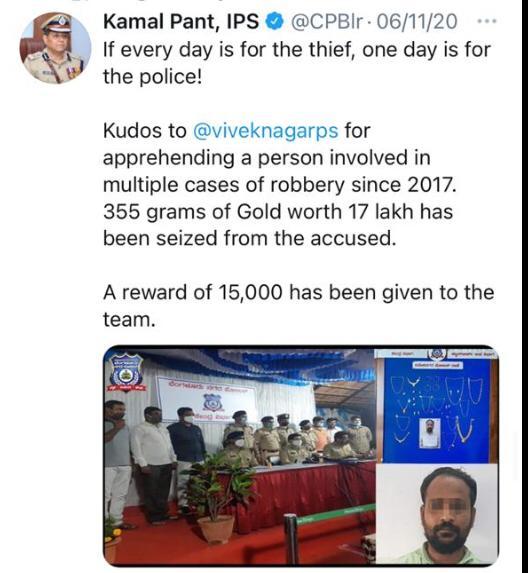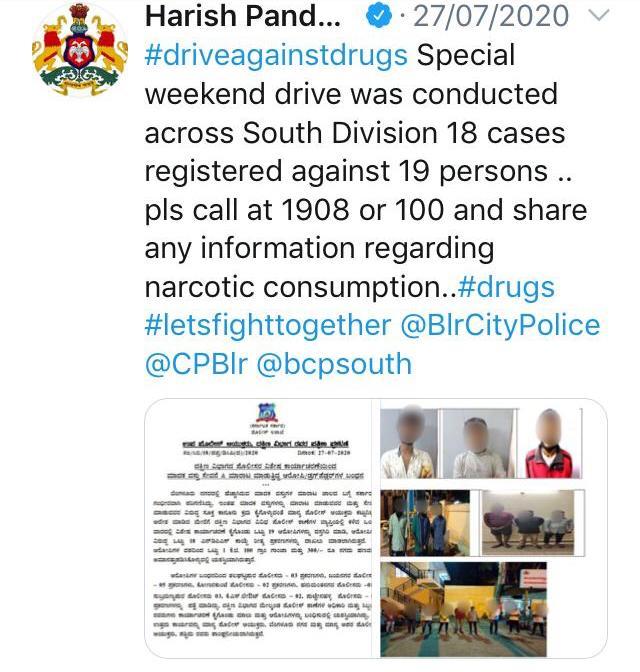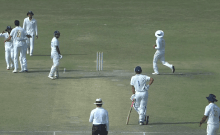Arrested individuals standing with slate and posing for a mug shot is a common phenomenon in your foreign crime series. The cops usually keep these mug-shots for their records. The problem isn't the mug-shots; problem is, revealing the faces to the public/social media and identities of the accused before they have been produced in front of a magistrate or before they have been identified during the trial or before a conviction.
Should the police parade or publish un-blurred photographs of any accused before the media or the public before a conviction? Is it ok for the law enforcement agencies to skip the due process of identification of the accused before a magistrate? Isn't every individual accused innocent until proven guilty?
One officer of the Bengaluru City Police appears to be playing fast and loose with this idea.
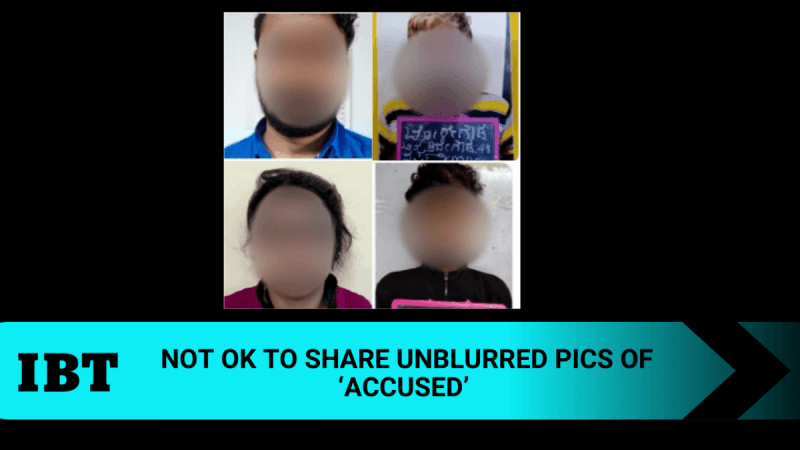
Oops moment for the city police
Bengaluru Police, a force that mostly garners accolades, has now been put in a spot. Recently, a Bengaluru City Police DCP Tweeted and shared with the public pictures of a few accused in custody.
DCP West, Sanjeev M Patil, IPS had shared photos of the arrested accused earlier as well from his official Twitter handle (@/DCPWestBCP). Taking up the proverbial role of the judge, jury (thankfully not the executioner).
(Pics removed in the interest of positive action taken by the said DCP and to safeguard the identity of the accused)
There is a saving grace
The only saving grace here is that it is only one officer in the city police who indulged in this act. Other Bengaluru City Police officers, including the main city police Twitter account and that of the Commissioner of Police, handles these issues with due sensitivity. They almost always blur the pictures of the accused (see pictures in the slide show below).
Karnataka HC ruling: Cops can not insist on a photograph
As per a Karnataka High Court ruling, the police cannot insist on photographs of the accused without the orders of a District Magistrate, Sub-Divisional Magistrate, or a Magistrate of the First Class. This order was passed in 2019 after a woman accused had alleged that the police were insisting on taking her photograph with a slate.
According to DC reports, in her petition, Vani (name changed) had sought directions to Indiranagar police station to accept the bail bond furnished by her with surety, and not insist on her photograph with a slate being taken. She had also prayed the court for directions to destroy the finger impressions obtained illegally by the police.
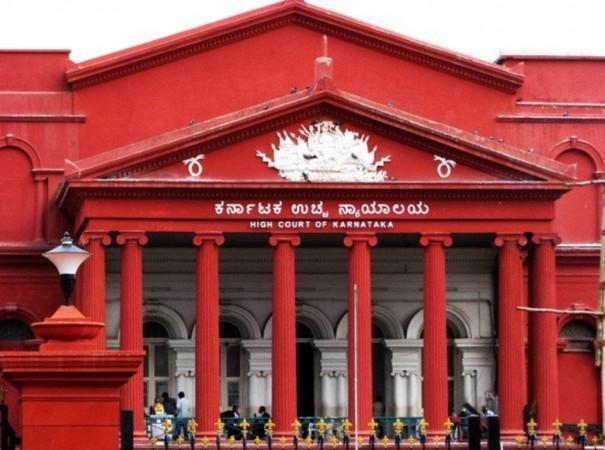
The Karnataka High Court disposed of her plea with direction to the Indiranagar police not to insist the petitioner to take her photograph with a slate and to accept the Aadhaar card, which may be produced by the accused as identity proof along with one surety.
What Madras HC observed
Other states like Tamil Nadu, Telangana have expressed concern over the publication of pictures of the accused suspected to be involved in any crime. In the past, the Madras High Court took suo-moto cognizance of the issue and censured the State police for their negligence.
In 2013, Madras High Court dug deeper into the issue, which concerns the privacy of an individual as well as the danger it poses to the evidentiary value during the trial, the judges said the source of police power to take photographs of accused flows from Section 5 of the Identification of Prisoners Act, 1920.
Here's what the Karnataka State Police manual says:
Identification by Photographs:
- Photographs of certain classes of criminals are maintained in the District Crime Record Bureau. Photographs exist also for dossier criminals. Witnesses may be shown the photographs and asked to identify. In cases where criminals are identified through photographs, a regular identification parade should also be held after the apprehension of the accused.
- When identification is sought to be made through photographs, single and individual photographs should not be shown to witnesses. Photographs of as many persons as possible, among which should be the suspect's photograph, should be shown to the witness, who should be asked to pick out from among them the suspect's photograph if it is there.[Going by the manual, it is evident how valuable the pictures of the accused are in a case. Especially when it comes to the identification of criminals. Now, if the same pics are revealed to the public (without blurring) does it not compromise the entire process?]
What legal experts say
International Business Times, India spoke to a few top criminal lawyers who threw light on the legalities.
Bengaluru based criminal lawyer M T Nanaiah shared his opinion and stated, "The pictures of the arrested individual need to be kept confidential. Officially, you can not publish it at all. Press and media get away publishing it but police officials can not do so. If the pictures are published, the case becomes weak as the person comes across as the criminal before the public eyes even before being proven guilty. When it comes to taking action against the police official, it can be done departmentally. If proven guilty the accused or suspect can claim damages from the police department for publishing their pictures."
Another lawyer was of the opinion, "Law is pretty open on this point. Any such publicity is a positive point for the defense attorneys to claim interim relief and the same may work out as we showcase defamation and much more. The accused has the right to seek the protection of privacy. That's only if he exercises it."
"We hope the Bengaluru Police issues a notice to all officers on 'dos and dont's' on social media and that these pics already shared are reposted after being blurred. Our criminal justice system is aimed at allowing criminals a chance at reformation. With their pictures in public, especially before conviction, can ruin someone's life. If proven not-guilty post the trial," said another local lawyer in the city.
It remains to be seen, how these faux-pas by the said officer, reflects on the cases in court where he revealed the faces of the accused before trial. (With the hope that no junior staffer has to bear the brunt for the lack of due diligence by seniors).
POSITIVE UPDATE ON THE STORY
Earlier posted picture, stands withdrawn, in view of prevailing guidelines. The feedback received in this regard is appreciated.
— Dr. Sanjeev M Patil, IPS (@DCPWestBCP) November 28, 2020
The DCP West, Bengaluru City taking cognizance of the International Business Times news report made the necessary course corrections soon after this story was published.
[This story and the headline have been edited to reflect the action taken by the Bengaluru City Police]


